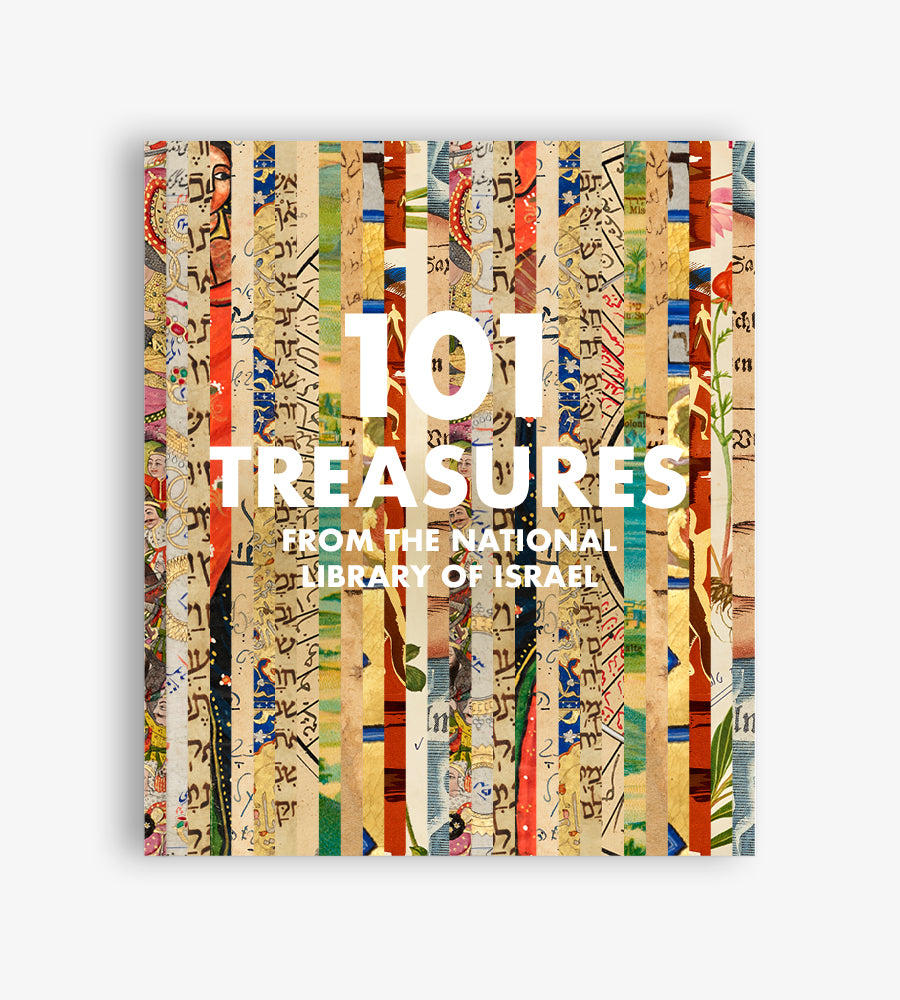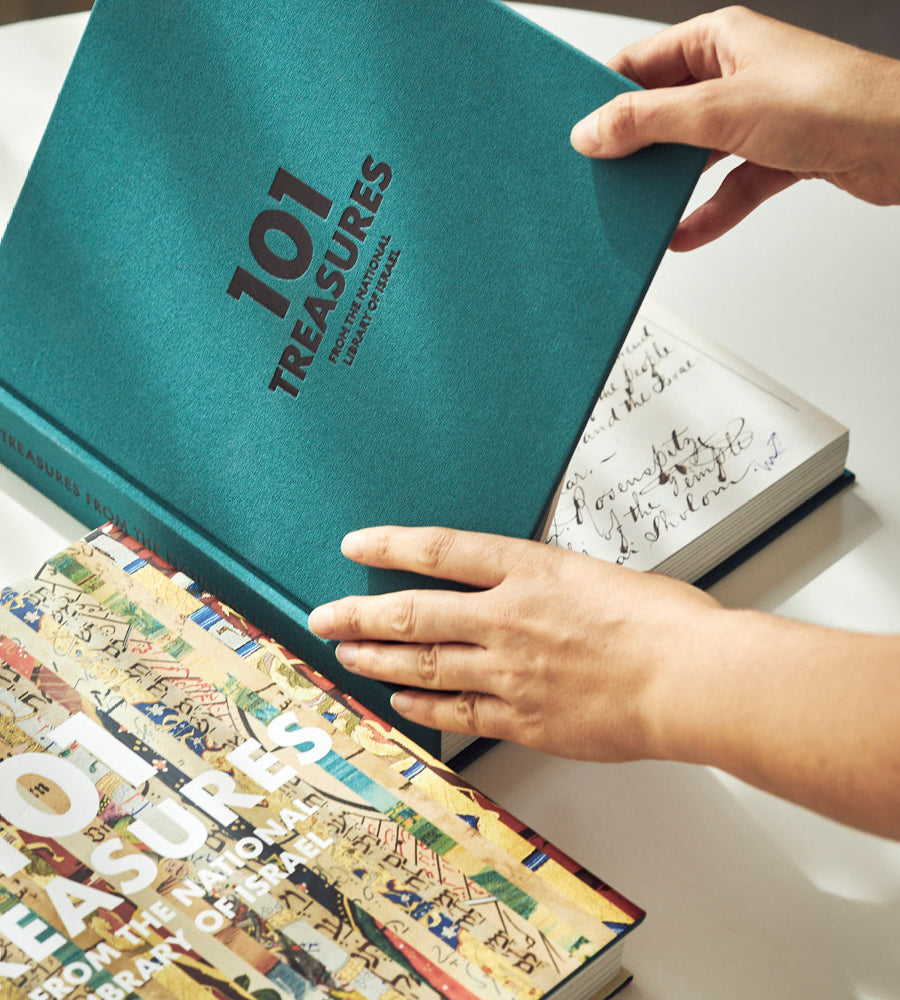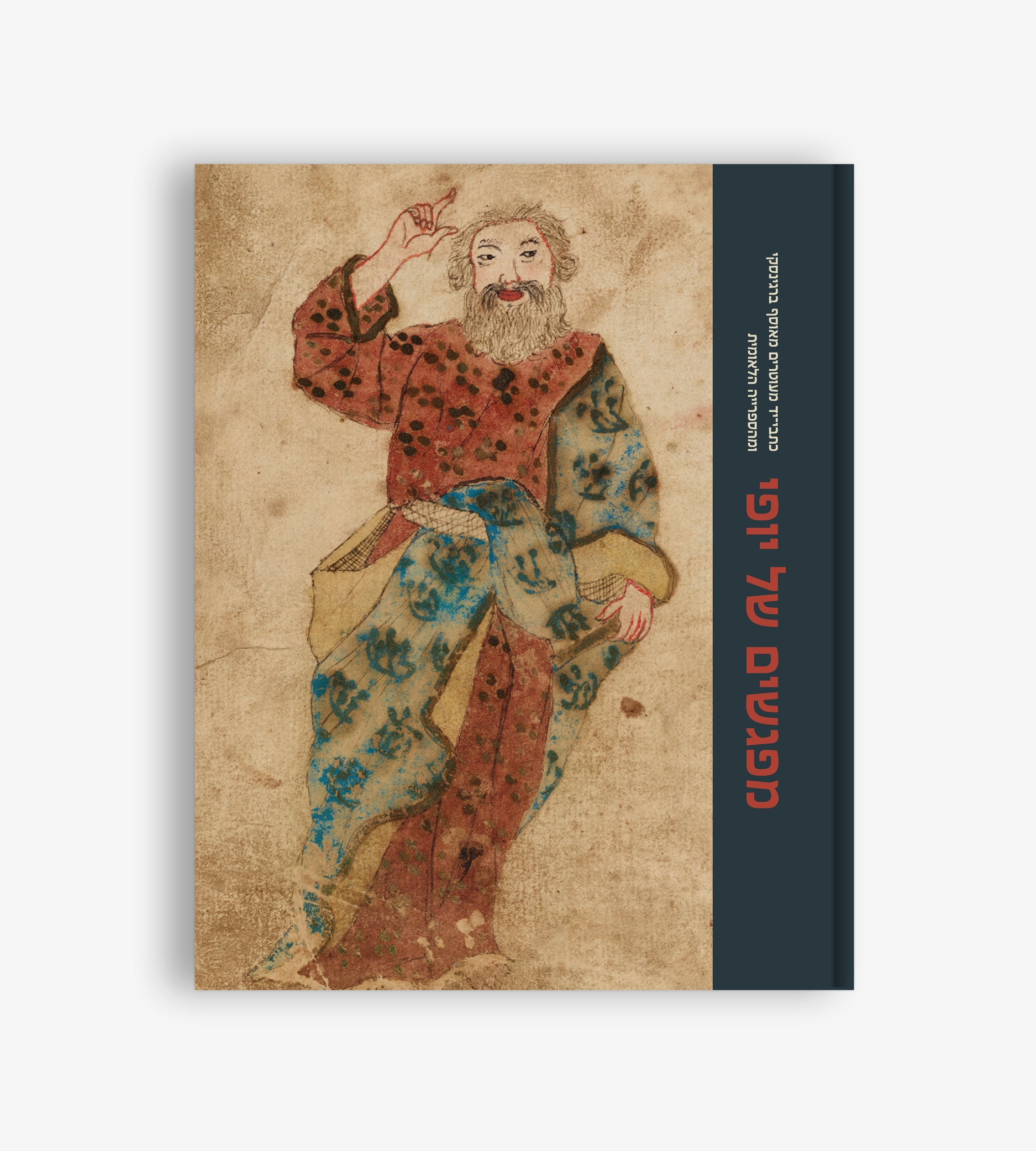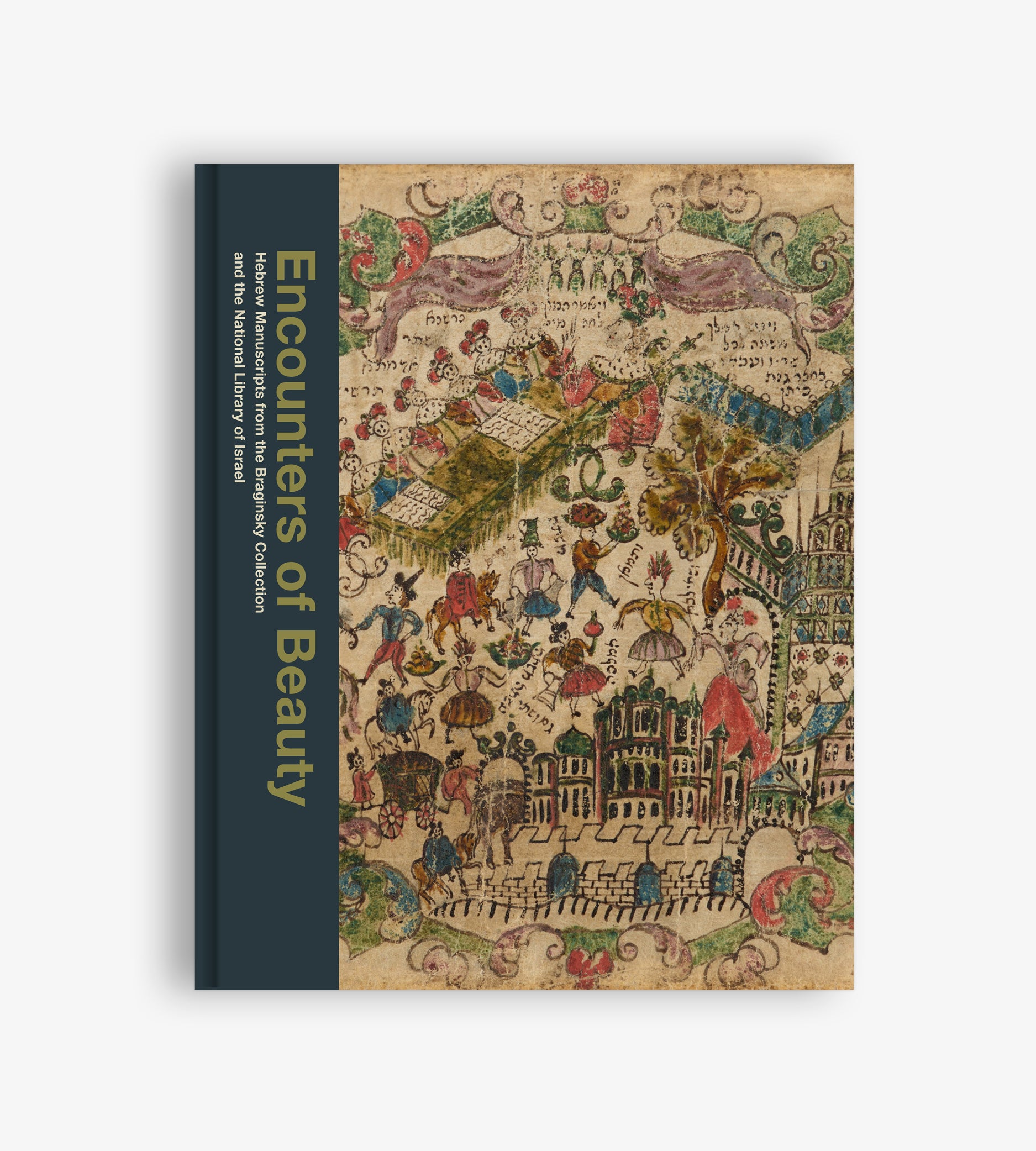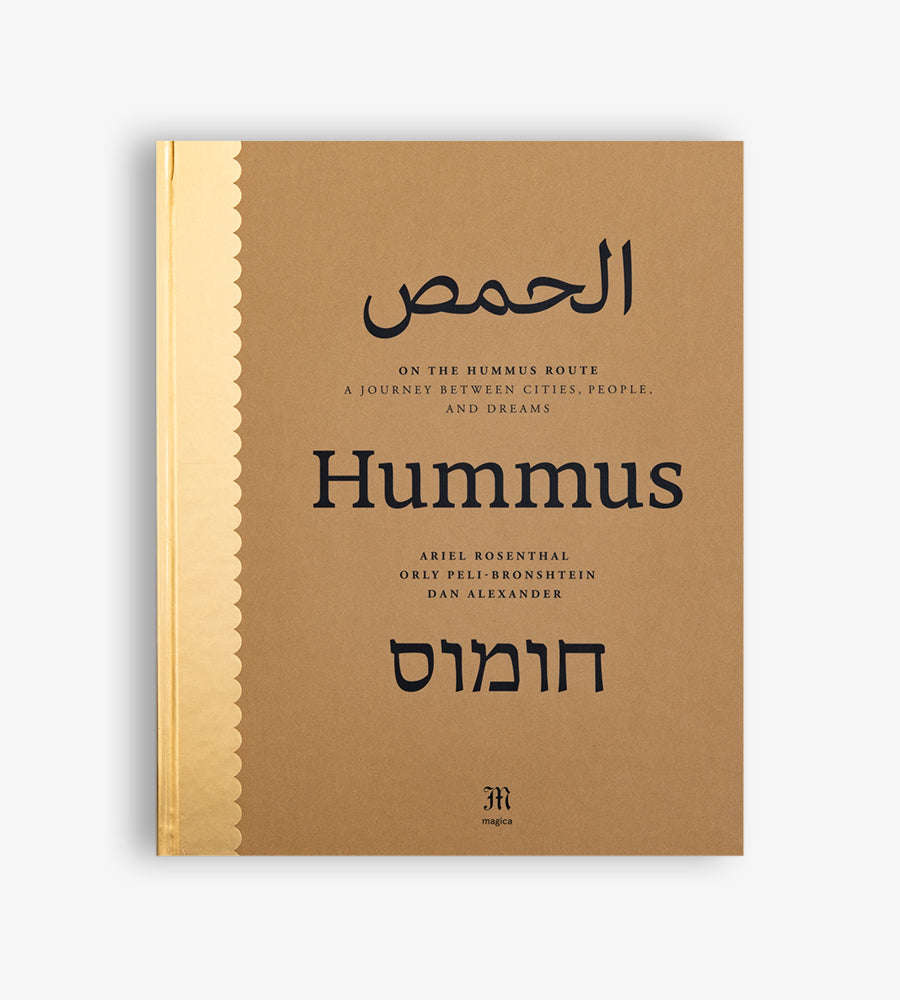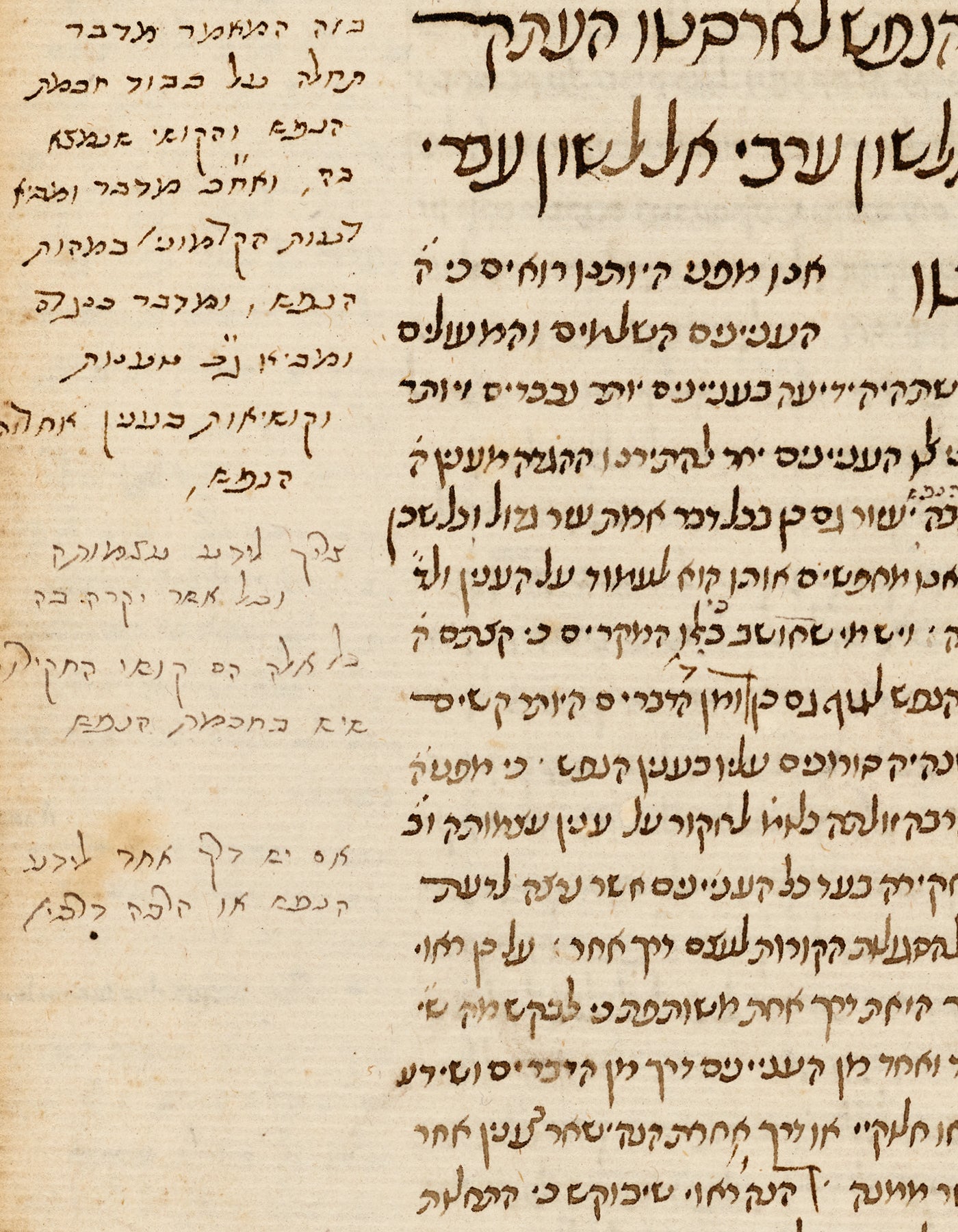
Aristotle Crosses Cultures
Steven Harvey

Jewish, Muslim, and Christian thinkers at different times during the Middle Ages considered Aristotle the supreme philosopher and his writings the foundations of the sciences. Since few of them knew ancient Greek, most could access Aristotle’s writings only through translation.
Curiously, while all of Aristotle’s major works were translated into both Arabic and Latin, among the many translations from Arabic of Aristotelian philosophy and science, only three were translated into Hebrew. Instead (likely following Maimonides’s advice to the translator Samuel Ibn Tibbon that Aristotle’s important works cannot be understood without the great commentaries), Jewish translators translated virtually all the commentaries on Aristotle by the Islamic philosopher Ibn Rushd (Averroes), the Aristotelian commentator par excellence. As a result, Jews studied, mastered, and commented on Aristotelian science primarily through the Hebrew translations of Averroes’s commentaries.
This precious manuscript contains rare, and likely the oldest, copies of two of the three Hebrew translations of Aristotle’s works: the 1284 translations of the Arabic versions of On Generation and Corruption and On the Soul by Zerahia ben Isaac ben She`alti`el Hen in Rome.
Yet, this manuscript contains much more. Zerahia was a teacher of philosophy, a Maimonidean rationalist, and a biblical exegete, as well as a translator of philosophical and medical texts. As the collection of his Aristotelian translations in this manuscript shows, Zerahia created a veritable textbook or encyclopedia of most of Aristotle’s works on natural science and metaphysics. Each version of an Aristotelian text – whether by Aristotle or a commentary on it – is translated into Hebrew for the first time in its entirety. His goal was perhaps to enable the careful study of Aristotelian science for Hebrew readers and, subsequently, the acquisition of knowledge that he deemed necessary for their intellectual development and the attainment of human perfection.


